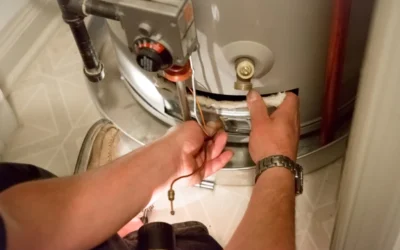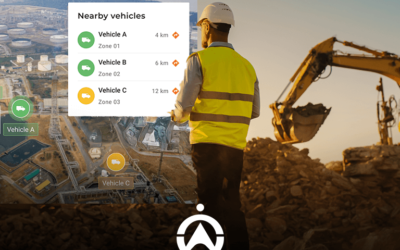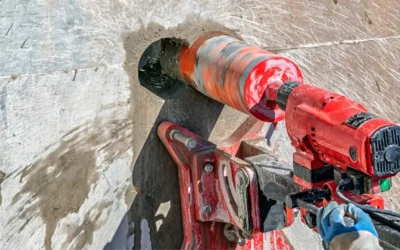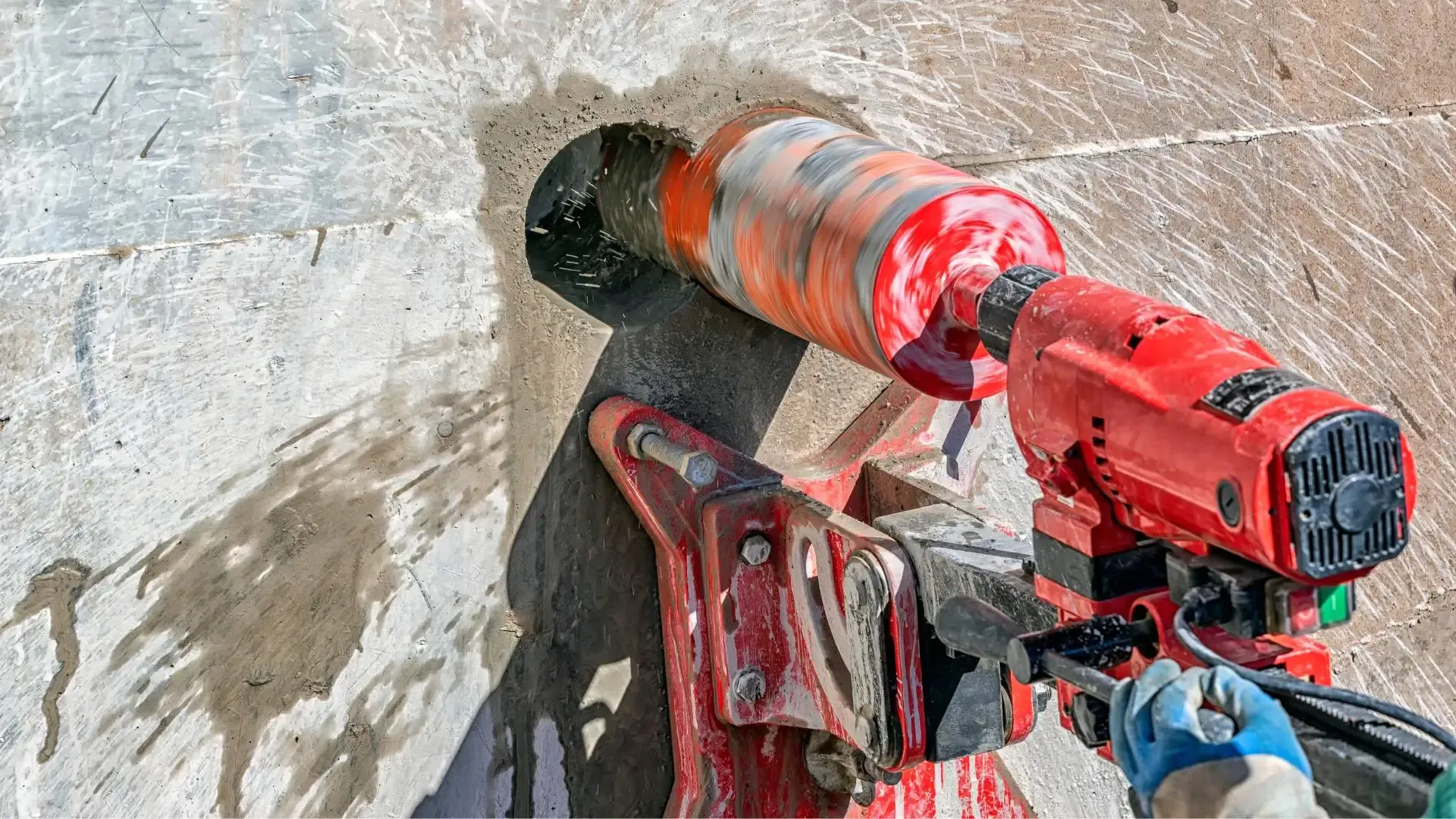Shipping From China to Brazil How to Avoid Common Importing Challenges
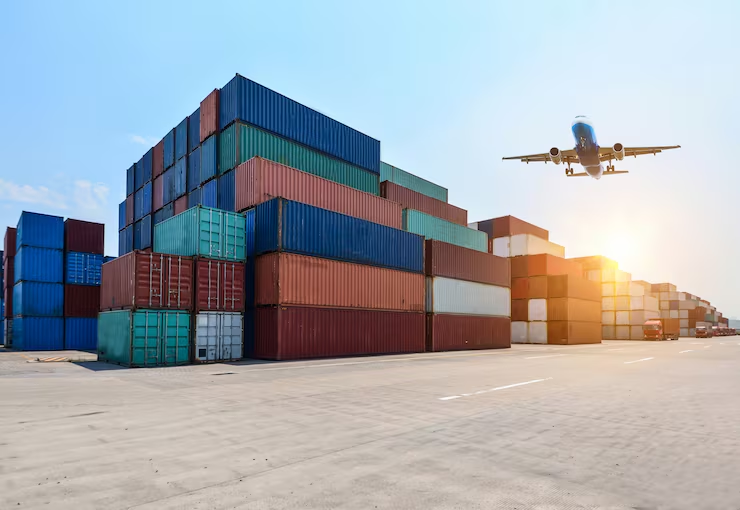
Understanding the Complexity of International Shipping
Shipping From China to Brazil involves multiple stages, regulations, and logistics processes that can easily overwhelm first-time importers. Both countries have strict customs rules, quality standards, and documentary requirements. Without proper preparation, businesses may face delays, penalties, product seizures, or unexpected costs. Understanding the complexity of the process helps importers prepare better and minimize risks.
Common Challenges Importers Face
Customs Documentation Errors
One of the biggest challenges is incorrect or incomplete documentation. Brazil’s customs authorities require accurate invoices, packing lists, certificates, and HS codes. Even a small mistake can result in delays or product reclassification. Many importers overlook details such as product descriptions, quantities, or declared value. Ensuring that every document matches the shipment information is essential to avoid customs issues.
High Customs Duties and Taxes
Brazil is known for having higher import taxes compared to several other countries. Duties, ICMS, PIS, and COFINS can significantly affect the final cost of goods. Importers often fail to calculate the total landed cost before placing orders. When duties are underestimated, overall profit margins shrink, and products become less competitive. Proper tax calculation helps avoid unexpected expenses.
Delays in Port Processing
Ports in Brazil can sometimes experience congestion due to high volume, strikes, or slow processing. Shipments may spend days in customs inspection or waiting for clearance. Importers must factor in potential delays when planning inventory and production schedules. Choosing reliable freight forwarders and monitoring shipment status reduces wait time.
Product Quality Issues
Not all suppliers in China follow the same quality standards. Without proper factory audits or pre-shipment inspections, products may arrive damaged, defective, or different from the ordered specifications. Poor quality control leads to wasted money, customer complaints, and brand damage. It is crucial to work with verified suppliers and conduct inspections before goods leave China.
Lack of Clear Communication With Suppliers
Language barriers and time zone differences can affect communication. Misunderstandings about product requirements, shipping terms, packaging, and timelines are common. Establishing clear instructions and confirming details in writing help reduce confusion and prevent production errors or delays.
How to Avoid These Importing Challenges
Choose a Reliable Freight Forwarder
Working with an experienced logistics partner is one of the best ways to ensure smooth Shipping From China to Brazil. A professional freight forwarder handles documentation, customs clearance, shipment tracking, and compliance requirements. They also recommend the best routes, transportation modes, and cost-saving solutions. A reliable forwarder ensures that shipments follow Brazilian import regulations.
Verify Your Supplier Before Placing Orders
Before importing, conduct a background check on your supplier. Review their business license, certifications, and production capabilities. Third-party inspection services can evaluate factory conditions and ensure product compliance. Request samples before mass production to confirm quality. Verified suppliers help minimize risks associated with defective or non-compliant products.
Understand Brazilian Customs Requirements
Importers should familiarize themselves with rules related to labeling, product categories, documentation, and restrictions. Certain items require special permits or certifications. Knowing these regulations reduces the risk of customs rejection. Keep all documents accurate and consistent, including invoices, packing lists, and product codes.
Calculate Total Landed Cost
To avoid financial surprises, calculate every cost involved in importing. This includes product price, freight charges, duties, taxes, insurance, storage fees, and customs broker fees. Understanding the final cost helps businesses set profitable pricing and avoid losses. Several online tools and freight partners can assist in calculating landed costs accurately.
Choose the Right Shipping Method
Importers can choose between air freight, sea freight, and express shipping. Sea freight is cheaper for large shipments but takes longer. Air freight is faster but more expensive. Understanding the size, weight, and urgency of your shipment helps you select the best method. Choosing the wrong method can increase costs or delay delivery.
Use Proper Packaging
Proper packaging protects products from damage during long transport. Sea shipments are especially vulnerable to humidity, stacking pressure, and rough handling. Suppliers should use durable packaging materials and clearly label each box. Good packaging reduces the risk of returns, claims, and customer dissatisfaction.
Monitor Your Shipment
Tracking your goods throughout the shipping journey allows you to respond quickly if problems arise. Freight forwarders usually provide real-time tracking and updates. Monitoring helps avoid unexpected delays and ensures that products reach their destination within the expected time frame.
Tips for Smooth Importing
Maintain Clear Communication
Use written agreements, product specifications, and order confirmations. Schedule communication times that work for both parties. Clear communication avoids production mistakes, ensures timelines are respected, and helps build a strong supplier relationship.
Plan Your Shipment in Advance
Start the importing process early to avoid rush charges, delays, or out-of-stock issues. Planning helps you choose the best shipping season, negotiate better prices, and avoid peak-season congestion.
Consider Insurance for Your Shipment
Cargo insurance protects your goods against damage, loss, or theft during transport. Since international shipping involves many risks, buying insurance adds an extra layer of security. It is a small cost compared to the potential losses from damaged goods.
Work With Customs Brokers
A customs broker provides guidance on import taxes, document preparation, and compliance. They help avoid penalties and speed up clearance. Brokers assist especially when importing goods that require special permits or complex documentation.
Final Thoughts
Importing products from overseas can be profitable, but it also involves several challenges. When dealing with large markets and complex customs procedures, preparation is important. By understanding common issues and taking the right steps, importers can avoid delays, unnecessary costs, and compliance problems. Careful planning, reliable partners, and strict quality control help ensure a successful importing experience and smooth Shipping From China to Brazil.



